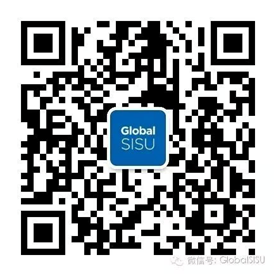On September 19, the inaugural conference of the China-Arab Consortium of Universities Exchange Mechanism and the China-Arab Higher Education Forum, jointly organized by the China Association of Higher Education and the Association of Arab Universities, took place in Amman, Jordan. Shanghai International Studies University (SISU), as the secretariat of the Mechanism, co-hosted this event.
The conference was attended by Du Yubo, president of the China Association of Higher Education; Amr Ezzat Salama, secretary general of the Association of Arab Universities, Chen Chuandong, Chinese Ambassador to Jordan, Mamoun Al-Debe’i, secretary general of the Jordanian Ministry of Higher Education and Scientific Research, Naeli Mohamed Abdul Latif, representative of the League of Arab States, Yan Chunhua, vice president of the China Association of Higher Education, director of the Mechanism, and president of Lanzhou University, Li Yansong, executive director of the Mechanism and president of SISU, Abdelrahim Hunaiti, deputy secretary general of the Association of Arab Universities, Jiang Enlai, vice president and secretary general of the China Association of Higher Education, and nearly a hundred leaders and scholars from Chinese and Arab universities.
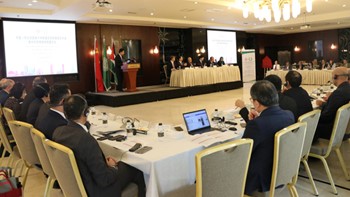
At the conference, Du Yubo, Amr Ezzat Salama, Chen Chuandong, Mamoun Al-Debe’i, and Naeli Mohamed Abdul Latif delivered speeches respectively.
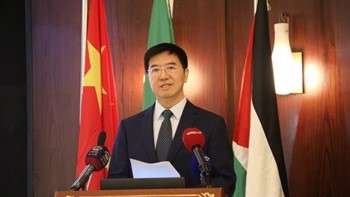
Du Yubo, president of the China Association of Higher Education, delivers an address.
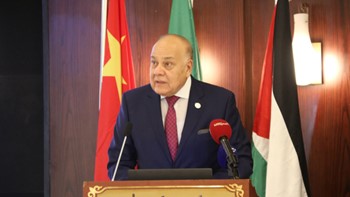
Amr Ezzat Salama, secretary general of the Association of Arab Universities, delivers a speech.
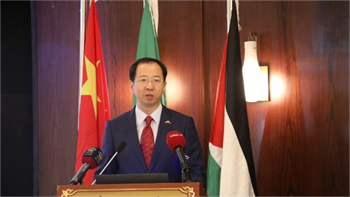
Chen Chuandong, Chinese Ambassador to Jordan, gives remarks.
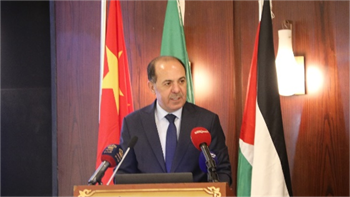
Mamoun Al-Debe’i, secretary general of the Jordanian Ministry of Higher Education and Scientific Research, gives a speech.
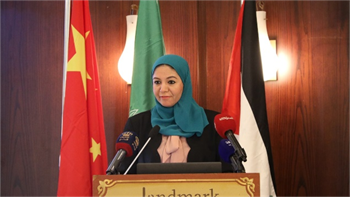
Naeli Mohamed Abdul Latif, representative of the League of Arab States, speaks to the audience.
At the conference, a plaque unveiling ceremony for the Mechanism was held. Du Yubo, Amr Ezzat Salama, Yan Chunhua, Abdelrahim Hunaiti, Li Yansong, and Walid Salameh jointly inaugurated the Mechanism. Yan Chunhua introduced the Mechanism’s charter and structure, leading to the unanimous adoption by acclamation.
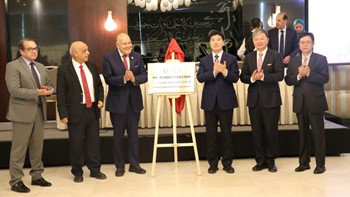
Plaque unveiling ceremony

Yan Chunhua, president of Lanzhou University, introduces the Mechanism’s charter and structure.
Li outlined the future development plan for the Mechanism during the inaugural conference. He emphasized that the Mechanism should operate within the 10+10 framework for higher education between China and the Arab states, respecting the legal regulations of each member country, and promoting healthy and stable development through an international, standardized, and streamlined system and model. On that basis, it is committed to facilitating multidimensional collaboration among member institutions, promoting the exchange of students and scholars, securing scholarships and research funds, supporting diverse academic conferences, organizing systematic scientific research, conducting specialized training, and fostering cooperation among member institutions in distinctive disciplinary fields. Li also highlighted SISU’s strengths in Arabic language studies, research on Arab affairs, and its new cultivation mode for liberal arts, which advocates interdisciplinary integration. With the utilization of them, SISU aims to fulfill the role of the Mechanism’s secretariat and ensure its effective operation.
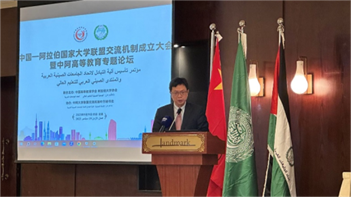
Li Yansong, president of SISU, delivered a speech.
At the ceremony, SISU and Jordan University signed a cooperation agreement.
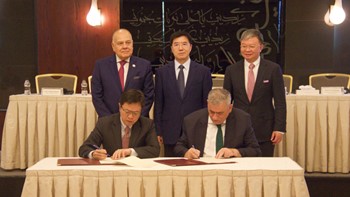
SISU and Jordan University signed a cooperation agreement.
After the conference, SISU, as the Chinese secretariat for the Mechanism, hosted the China-Arab Higher Education Forum. Li chaired the forum, and Walid Salameh, senior consultant to the Association of Arab Universities, and Wang Guangda, secretary general of the China-Arab Research Center on Reform and Development, hosted the roundtable discussions.
During the speeches, SISU, Jordan University, Islamic University of Lebanon, Peking University, Hebron University, Fudan University, American University of Sharjah, Badr University in Cairo, Beijing International Studies University, and Al Hussein Technical University successively introduced their talent cultivation schemes, academic disciplines, and cooperation with Arab and Chinese institutions. They also shared their reflections and suggestions on the operation of the Mechanism.
During the following roundtable discussion, the representatives from Chinese and Arab universities focused on topics such as Building a China-Arab Community with a Shared Future for the New Era: Historical Opportunities and Responsibilities in Chinese and Arab Higher Education and Enhancing China-Arab Cultural Dialogue and Exchange: The Role of Chinese and Arab Universities. Participants unanimously recognized the longstanding historical friendship between China and the Arab world, acknowledged the common development tasks and assumed shared responsibilities. They expressed anticipation for deeper cooperation in talent development and academic research in the fields of digital education, vocational training, Chinese language education, energy transition, infrastructure, artificial intelligence, climate change and environmental protection, modern agriculture, healthcare, cyberspace security, and industrial manufacturing. These will provide talent and intellectual support for building a China-Arab community with a shared future.
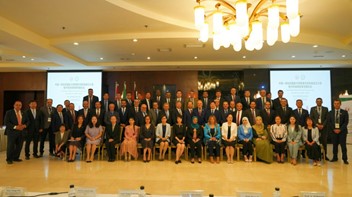
Group photo of delegates
Representatives of SISU scholars and the officials from the Office of International Cooperation and Exchange, the China-Arab Research Center on Reform and Development, the Graduate Institute of Interpretation and Translation, and the Middle East Studies Institute jointly attended the founding ceremony.
The China-Arab Consortium of Universities Exchange Mechanism was established to implement President Xi Jinping's Eight Major Cooperation Initiatives, specifically in youth development and to advance the 10+10 framework for higher education between China and the Arab states. Initiated by the China Association of Higher Education and the Association of Arab Universities, this non-profit organization operates on the principles of equality and mutual benefit in conducting international cooperative exchanges. Based at SISU, the Chinese Secretariat for the China-Arab Consortium of Universities Exchange Mechanism was officially inaugurated on June 20, 2023, in Shanghai.



